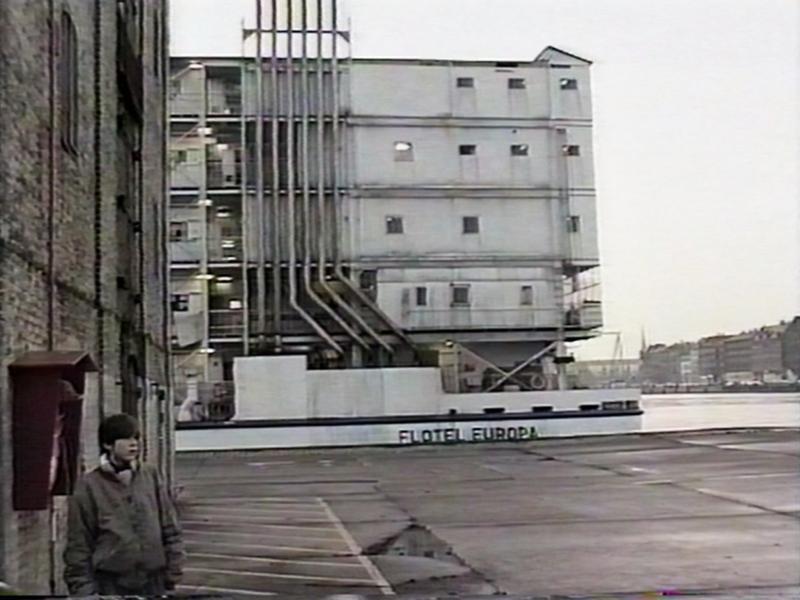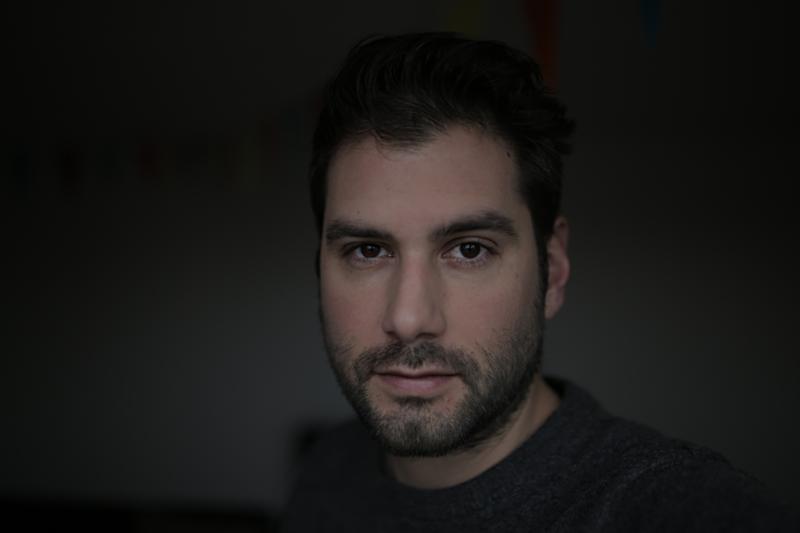When 12-year-old Vladimir Tomic first learned that he was going to live on a ship, he was "the happiest boy in the world." But life on Flotel Europa, a giant floating refugee camp in the harbour of Copenhagen, was different than he imagined. Confined to tiny cabins with a thousand other Bosnian refugees, he observed frustrated adults drinking, crying at night and throwing things at the TV set that didn't provide the news they wanted. But, as he tells in his documentary Flotel Europa, he also found "a particular charm" in their new home.
"Looking at this life from a distance, with all its ruthless beauty, it made me laugh and cry at the same time. I want the viewer to feel the same." – Vladimir Tomic
Tomic came to Denmark with his mother and older brother in 1992 with a wave of refugees from the war in Bosnia and Herzegovina. He lived on Flotel Europa for two years. Now, twenty years later, the director takes us back to the ship in his film, narrating his own personal story to VHS archive material gathered from fellow refugees at the time.
"As the phone line to Bosnia rarely worked, we started recording our lives on tapes and sending them to our relatives," explains Tomic. Years after, his grandfather gave him an old VHS tape with the inscription "To my grandfather from Flotel Europa."
"That tape brought me back to those years, and I felt that there was a story that needed to be told. Together with my friend and producer Selma Jusufbegovic, I started gathering VHS material from other Bosnian refugees living in Denmark, and soon I had hundreds of hours of people’s personal material in my hands."
In his film, Tomic channels the naïve innocence of a young boy who senses the grown ups' frustrations about living in a limbo, but adapts to his new life with a sense of adventure and is soon preoccupied with sports, school, girls and a group of older friends introducing him to sex, drugs and rock'n'roll.
"Looking at this life from a distance, with all its ruthless beauty, it made me laugh and cry at the same time. I want the viewer to feel the same. Through this small personal story, I try to tell a much bigger story of how Yugoslavia fell apart."
Flotel Europa is selected for IDFA Best of Fests and is produced by Selma Jusufbegovic and Srdjan Keca for Uzrok.


